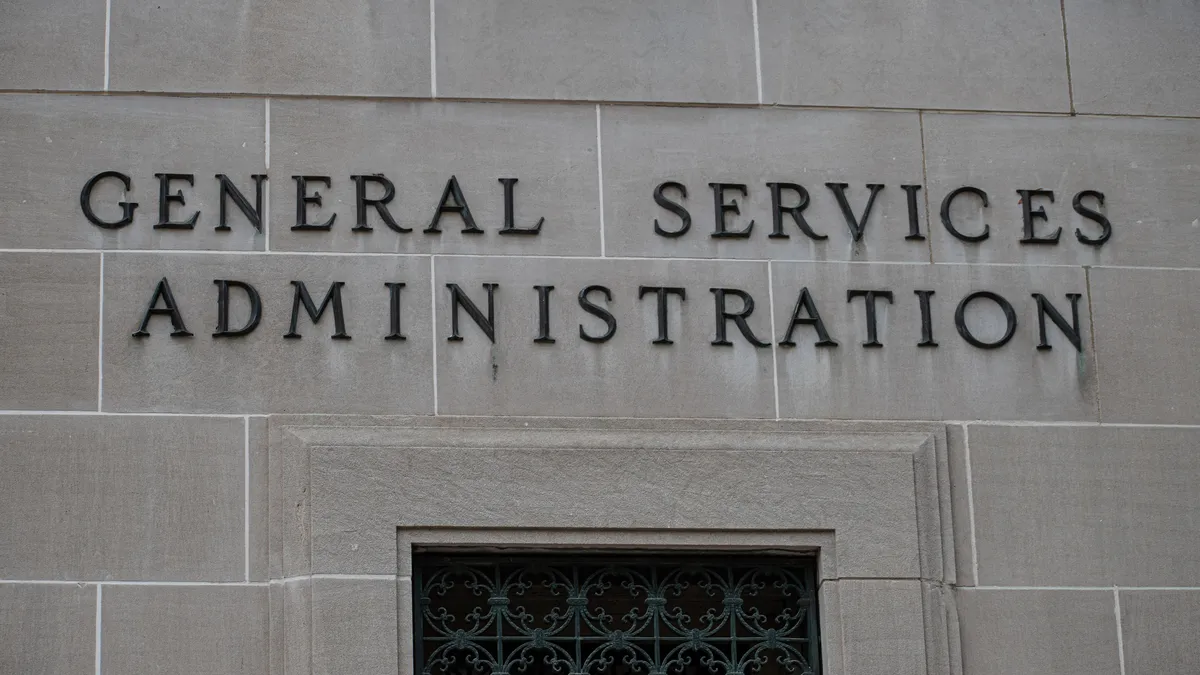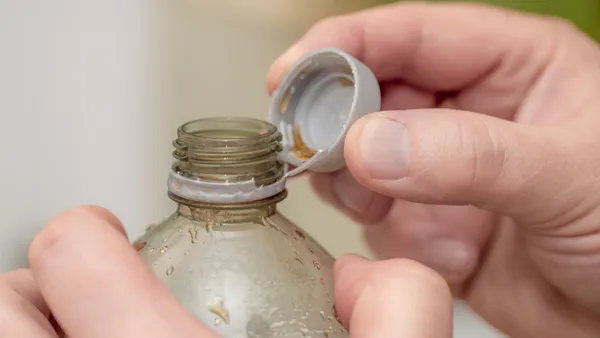Trade groups, environmental advocates and state attorneys general recently commented on the General Services Administration’s proposal to encourage procurement of packaging free of single-use plastic by adding a provision to its acquisition regulation.
GSA serves as the federal government’s procurement arm. The U.S. government is the largest purchaser in the world, with annual purchasing power exceeding $650 billion, according to the White House.
“GSA determined that reduction is the best starting point for the agency, as well as our industry partners, in addressing single-use plastics,” the agency wrote, versus focusing on recycling or mandatory elimination of plastic packaging. The latter may have been infeasible, the agency reported, given the benefits of plastic packaging for healthcare products, for example.
The agency wrote that it responded to initial feedback by opting to incentivize the use of single-use plastic-free packaging as opposed to mandating it. Still, multiple packaging, plastic and consumer goods organizations were not satisfied with GSA’s approach.
- The Association of Plastic Recyclers decried GSA’s inclusion of products that are “routinely recycled” within its definition of single-use plastic packaging, asking that the agency instead target “unrecyclable” options. APR said that language would conflict with the U.S. EPA’s Draft National Strategy to Prevent Plastic Pollution, which aims to reduce production and consumption of “single-use, unrecyclable, or frequently littered plastic products.” APR also said that GSA’s proposed rule is not clear on whether compostable packaging or paper-based packaging with plastic coating are considered plastic packaging.
- The Flexible Packaging Association, in a joint comment with the Plastics Industry Association, the Vinyl Institute, International Bottled Water Association and others, criticized GSA’s material-specific approach. The group contends “any definition of packaging options should clearly explain the benefits of both SUP and SUP-free packaging, acknowledging when plastic packaging is [a] less resource or carbon-intensive choice than alternative materials.” PLASTICS echoed these materials-neutral ideas in a separate joint comment with the American Chemistry Council and American Fuel & Petrochemical Manufacturers.
- The EPS Industry Alliance similarly called for spurring “development of product category rules for packaging and disclosure of full life cycle assessments of protective packaging,” which it said would enable purchasers to select less environmentally impactful choices.
- The PET Resin Association argued that the proposed rule should be completely rewritten. “The proposed rule is inconsistent with the EPA’s Waste Management Hierarchy as it focuses on substitution, rather than reducing, reusing, and recycling as key to sustainable materials management,” its comment states.
- The Household and Commercial Products Association said it “supports efforts to move towards more environmentally preferable packaging, but it cautions that many types of packaging require a “detailed and nuanced conversation.” The environmentally preferable choice may differ based on the product, packaging application and available alternatives, HCPA wrote. Material lightweighting might be a more apt consideration over plastic replacement, for example.
Coalitions of state attorneys general took different views of the proposed rule:
- A group of 14 Republican AGs said that the proposed rule “attempts to enshrine environmental policy not considered by Congress, creates worse outcomes and less efficient procedures for businesses in our states who contract with the federal government, and would likely exacerbate the very environmental harms the rule seeks to prevent.”
- Conversely, a group of Democratic AGs from 10 states plus the District of Columbia advocated for a stronger rule with mandatory requirements, urging the agency to “reevaluate and develop an entirely new, more stringent proposed rule detailing a broader process that will result in the eventual elimination of the procurement and acquisition of unnecessary single-use plastics by the federal government.” Specifically, the group recommends GSA could set a deadline for phasing out all single-use plastic products beyond just packaging, eliminate single-use plastics from its primary procurement platform and develop guidance, regulatory provisions and pilot programs to encourage agencies to move away from purchasing single-use plastic and packaging.












